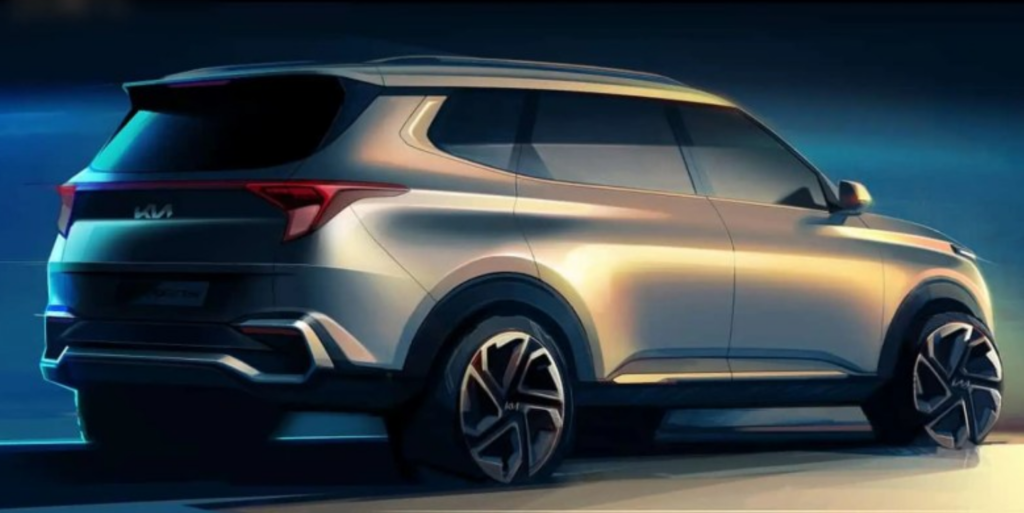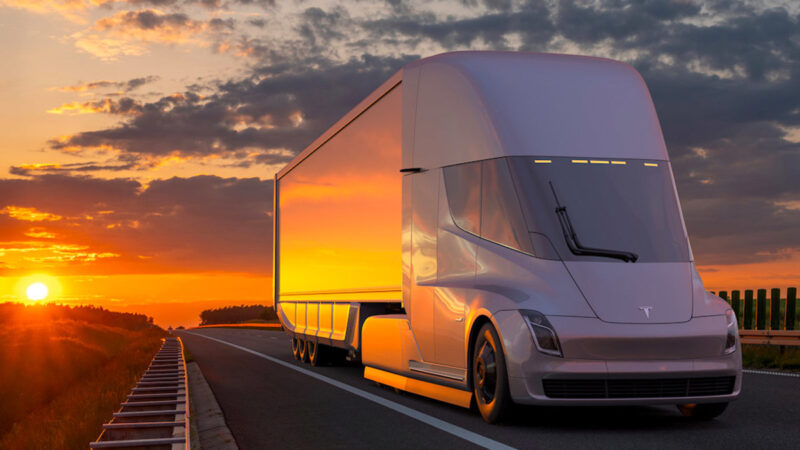China’s latest clampdown on Rare‑Earth magnet exports—essential components in electric vehicle (EV) motors—is disrupting the global auto industry. These powerful yet compact magnets are crucial not only for EV motors but also for electronic power steering and sensors in conventional cars.
China controls around 90% of the refined magnet market and 70% of mining output. By enforcing new licensing rules and delaying approvals by over 45 days, it has created a choke point in the global supply chain.
Manufacturers report dwindling inventories, with stocks projected to last only until July. Some EV plants in the U.S. and Europe are already idling. The ripple effects have been immediate: India’s Maruti Suzuki drastically reduced its e‑Vitara EV production from 26,000 to 8,200 units by September.

Why Rare‑Earth Magnets Matter?
Rare-earth magnets are vital for high-efficiency electric motors, enabling strong torque in compact packages. They also power electronic steering systems and vehicle sensors, making them critical to both EV and ICE vehicle production.
China has introduced strict export licensing for rare-earth magnets, requiring detailed end-use disclosure and lengthy bureaucratic approval. With Beijing supplying nearly the entire refined magnet market, this move has disrupted global operations.
Factories on the Edge of Shutdown?
Automakers relied on just four to six weeks of magnet stockpiles. With Chinese supplies stalled, multiple EV and auto plants have slowed or halted production, raising fears of a repeat of the semiconductor shortage.
In India, the Rare‑Earth Magnet impact has been stark. Maruti Suzuki slashed its e‑Vitara EV output by two-thirds. Other Indian manufacturers are similarly struggling, with ongoing talks to secure magnet supplies from Vietnam, Indonesia, Japan, Australia, and the U.S.
Global automakers like Hyundai and Kia have secured ample magnet reserves—enough to sustain production for about a year. Meanwhile, OEMs are exploring alternate suppliers beyond China to prevent future bottlenecks.
Conclusion
Rare‑Earth Magnet shortage has exposed the global auto industry’s dependency on a single country’s minerals. With factories already affected and EV rollout plans on shaky ground, diversification, local production, and innovation have become urgent priorities.
The coming months could determine whether the automotive world overcomes this challenge or succumbs to another supply crisis.
Also Read: QJ SRT 300 DX Unveiled: Affordable Dual‑Sport Rival for CRF300 Rally



